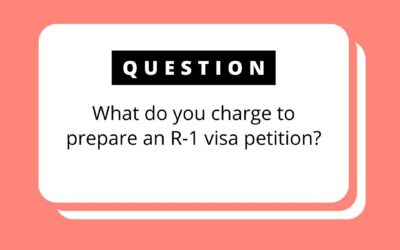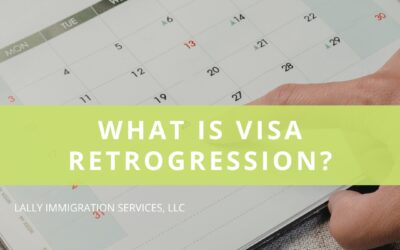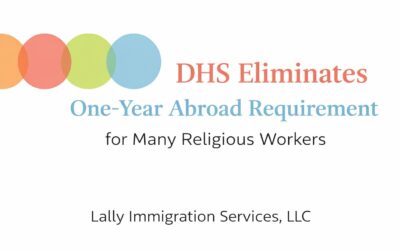On May 22, 2019, the Department of Justice announced that it reached a settlement agreement with Stanislaus County, California in regards to immigration-related discrimination in the County’s delayed rehiring of a former deputy sheriff, a lawful permanent resident (“LPR”), based on the Deputy Sheriff’s citizenship status.
The Immigrant and Employee Rights Section section of the United States Code enforces the anti-discrimination provision of the Immigration and Nationality Act (“INA”). Specifically, 8 U.S.C. 1324b prohibits discrimination based on national origin or citizenship status:
(a) Prohibition of discrimination based on national origin or citizenship status
(1) General rule – It is an unfair immigration-related employment practice for a person or other entity to discriminate against any individual (other than an unauthorized alien, as defined in section 1324a(h)(3) of this title) with respect to the hiring, or recruitment or referral for a fee, of the individual for employment or the discharging of the individual from employment–
(A) because of such individual’s national origin, or
(B) in the case of a protected individual (as defined in paragraph (3)), because of such individual’s citizenship status.
Pursuant to the settlement agreement, Stanislaus County will pay $7,000 in civil penalties, train its human resources staff on the anti-discrimination provision of the INA, and review and revise its job advertisements and questionnaires to ensure compliance with the anti-discrimination provision of the INA.
“Qualified non-citizens who meet all legal citizenship requirements and wish to protect and serve their communities should not face unnecessary and unlawful barriers based on citizenship status. We are pleased that Stanislaus County has committed to ensuring compliance with the anti-discrimination provision of the INA[,]” said Assistant Attorney General Eric Dreiband of the Civil Rights Division.
Lally Immigration Services, LLC advises workers on their rights under the anti-discrimination provision and consults with employers on how to avoid unlawful discrimination in its hiring, firing, and recruitment procedures. To schedule a consultation, call (617) 870-1000 or send and email to [email protected].





